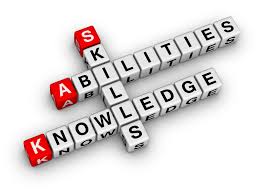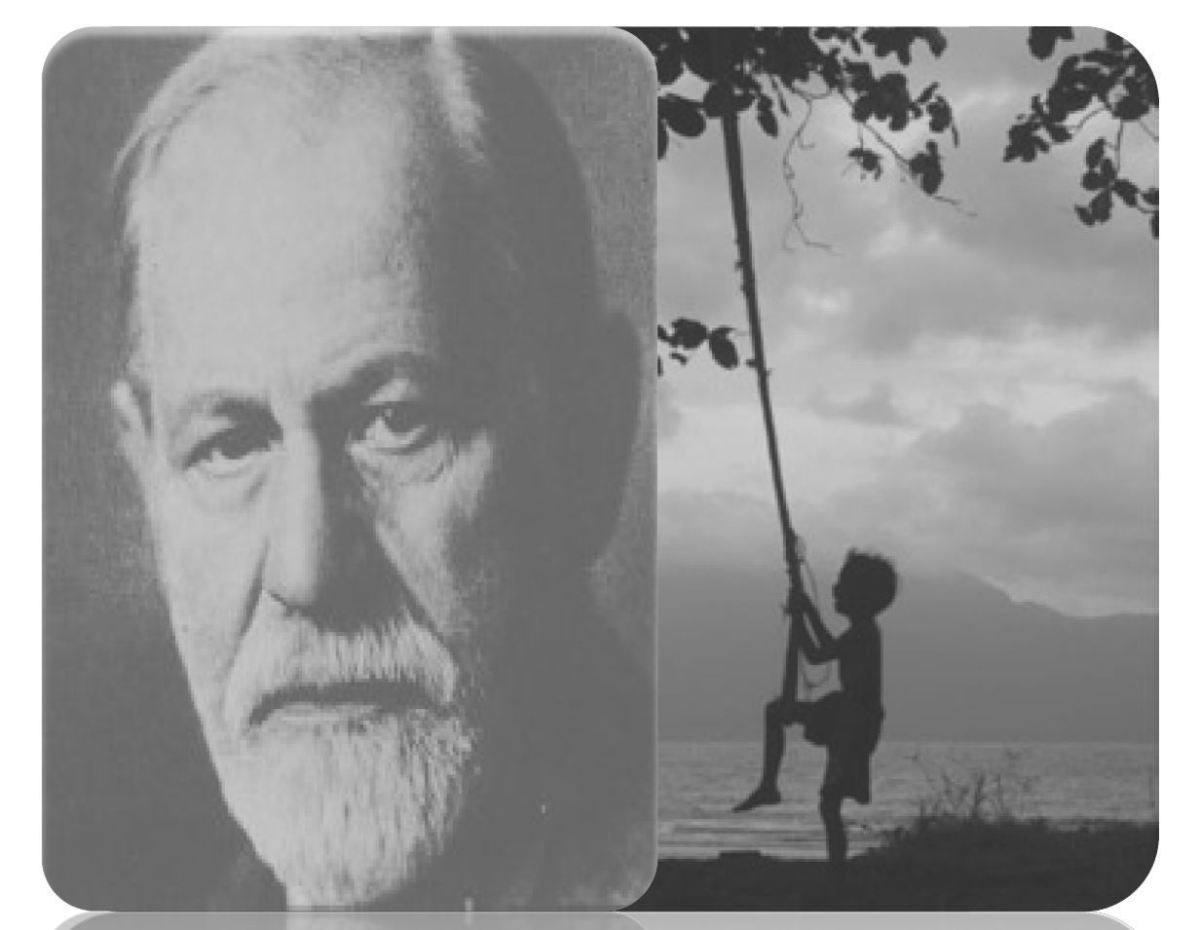Psychological vs. Pedagogical

by Amber Maccione
When a child starts school, much of school is based upon their ability to memorize and store that which the teacher instructs them in. They are tested on it year after year with the teacher adding a little bit more to the mix. Therefore, a child can be tested using the psychological method designed by Binet and Simon to assess the child’s performance during his schools days (Ackerman, 1996). When it comes to the adult though, the psychological method (the method that concentrates on intellectual processes such as memory and abstract reasoning) does not really work because adults are not memorizing anymore. Rather, an adult is using the knowledge he already has and applying it to real world situations to conclude how to solve a real world problem (Ackerman, 1996). The adult has switched from the child processing and memorizing new information to retain and be able to regurgitate back when a teacher requires it to someone who is seeking to solve a real world problem using the skills and knowledge he already has. It is now knowledge over process, which is what the pedagogical method measures (Ackerman, 1996).
There are two things that must happen for a person to have knowledge. They must first learn, which is the act, process, or experience of gaining knowledge or skills, and then they must be able to retrieve that knowledge, which is memory (Conner, 2014). As a child, they know nothing when entering school, so to speak. As they graduate from grade to grade, they take what has been taught and apply it year after year. For an adult, they have already gone through the traditional learning system, which the psychological method assesses (Ackerman, 1996). They have knowledge from traditional school, but they also have gained knowledge through life experiences. Therefore, when learning as an adult, they bring these experiences to what is being taught traditionally. The adult learner uses his knowledge to solve a real life problem (Ackerman, 1996). There is a purpose to the learning that goes beyond memory and regurgitation.
Problems in the world are not novel or simplistic (Ackerman, 1996). Real world problems require an individual to draw on their accumulated knowledge and skills, therefore, adult intellect is best explained by the tasks that he can accomplish through the skills he has developed (Ackerman, 1996). Instead of kinetic intelligence used by a child, an adult uses potential intelligence (Ackerman, 1996). Therefore, intelligence is based not on how he will learn but on what he already knows and can apply to the traditionally learning process (Ackerman, 1996).
Ackerman has written a whole book dedicated to adult intelligence and learning. From that which was stated within this article, he seems to be on the same page as the class readings with the fact that adults learn differently from the traditional way a child learns. Since this is the result of research done by different parties, such as fields of education, cognitive science, and adult development, it only natural to believe that when assessing an adult in the traditional sense, a teacher would also take into account what knowledge and skills the adult learner is bringing to the table and adding to the subject area being taught.
References
Ackerman, Phillip L. (1996). Adult intelligence. Practical Assessment, Research & Evaluation,
5(8). Retrieved from http://PAREonline.net/getvn.asp?v=5&n=8
Conner, M. (2014). “Introduction to Adult Learning.” Marc!a Conner. Retrieved from
http://marciaconner.com/resources/adult-learning/
Copyright © 2014 http://ambercita04.hubpages.com/ All Rights Reserved
© 2014 Amber








